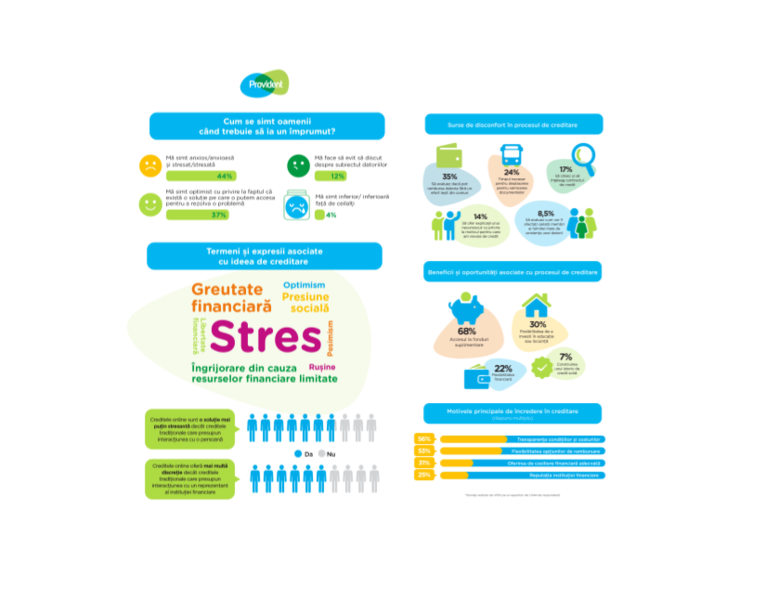Once again, most news refer to money: EU funds, energy price, secret wages for state officials and new taxes for the poorest people in Romania. The only thing making Romanians feel a bit better is that Bulgaria is doing a lot worse.
The countries in Eastern Europe will have to pay more penalties for the energy obtained from coal, since burning coals causes massive emissions of gas, responsible for the greenhouse effect. Romania and Bulgaria obtain some 40% of their energy from coal, which is a lot, but not as much as the Czech Republic (57%) or Poland (with an overwhelming 94%), Evenimentul Zilei reads.
Same Evenimentul Zilei notes that it's the end of relaxed credits in Romania, at least for a while, the new regulations imposed by the Central Bank (BNR) leading to a maximum debt report 10 to 20% smaller (the report between income and bank payments, currently at 70%). In case the "stress test" rule would have been approved, the debt report would have dropped to 50% of what it is now, analysts say.
The good news is that Romania is a net beneficiary of EU funds, receiving 595.6 million euro more than it paid, meaning 0.51% of the GDP, Cotidianul informs.
It's not the same in Bulgaria, where the recent country report issued by Brussels left the country without 800 million euro and placed it in the top of corrupt countries. Enough for the Opposition to demand the resignation of the Government, the very same day the report was published, Gandul comments.
Speaking of things going wrong in Bulgaria: 3 or 4 hotels go bankrupt every week on the Bulgarian sea shore, the offer being a lot above the demand. 820 hotels were build in the beginning of this season, but the tourists failed to show up. Without clients, the hotels go bankrupt, but banks are even less joyful, since they have nothing to do with empty hotels, same Gandul reads. Only in Sunny Beach (35 kilometers North of Burgas) 80 hotels were opened for sale and 20 went bankrupt.
Back home, Central Bank governor Mugur Isarescu and his managers refused to declare their annual income, simply noting in their wealth status report "according to the fiscal report". Which is secret, of course. Even the National Integrity Agency says that the move is illegal, Cotidianul reads. In 2007, the governor had an average income of 7,400 euro per month.
Meanwhile, the state imposes taxes on the income realized by handicapped people, the very poorest category of employees in the country, Romania Libera found out. The outrageous decision is already in force, being published at the end of June.




















